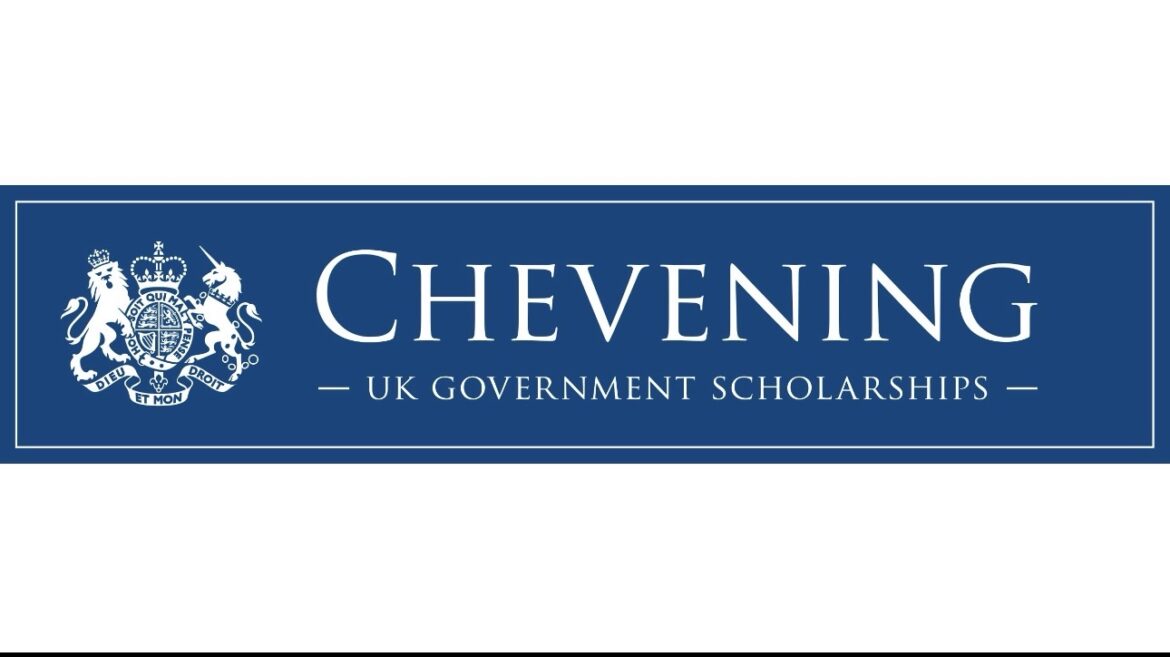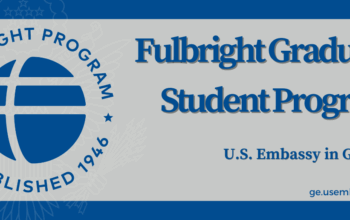Introduction
If you’re dreaming of pursuing a fully funded master’s degree in the UK, the Chevening Scholarship might be your ticket. This prestigious program, run by the UK government aims to empower future leaders, innovators and change-makers worldwide. In this blog, I’ll walk you through everything: what Chevening is, who qualifies, how to apply, tips to stand out and what to expect once you’re shortlisted.
What Is the Chevening Scholarship?
Definition & Purpose Chevening Scholarships are UK government-funded awards designed to support outstanding emerging leaders from around the world to pursue one-year master’s degrees in the UK. The goal is to foster relationships between the UK and developing nations and empower scholars who will return home and contribute to local development. History & Reach The programme dates back to 1983 and has since supported tens of thousands of students from over 160 countries. Chevening has grown into one of the most prestigious global scholarships for postgraduate study in the UK. What It Covers Being fully funded, Chevening typically covers: Tuition fees A monthly stipend/living allowance Return airfare to and from the UK Some additional allowances (e.g. study materials, visa costs)
Who Can Apply: Eligibility Criteria
To maximize your chances, you must meet these core requirements:
Citizenship
Must be a citizen of a Chevening-eligible country or territory
Undergraduate Degree
Must hold a bachelor’s degree (or equivalent) sufficient to study a UK master’s programme
Work Experience
At least 2,800 hours (about two years full-time equivalent) of work experience after graduation
Return Home Commitment
You must commit to returning to your home country for at least two years after the scholarship ends
Course Choices
You need to apply for three different eligible UK master’s courses in your Chevening application
Timing of Graduation
If you graduated too recently, you may not satisfy the experience requirement; ensure your degree timing allows you to accrue required work hours
Some additional notes:
There is no upper age limit. What matters most is your potential and track record. Your gender, religion, marital status or age (beyond eligibility) do not disqualify you.
Application Timeline & Key Dates
Understanding the timeline is crucial to being prepared:
Applications Open / Deadline For the 2025-2026 intake, the applications open 5 August and close 7 October 2025. Interviews & Notifications After applying, candidates may be shortlisted and invited for interviews held across British embassies/high commissions. Interview outcomes are typically released from early June onwards. Offer Deadlines After interview success, you must secure an unconditional offer from one of your chosen courses by the stipulated deadline in the application timeline. When Studies Begin Successful scholars usually commence their UK studies September/October in the award year.
How to Apply: Step-by-Step
Check Your Country’s Award Availability Since Chevening is administered per country/territory, first see if your country is eligible and what awards are available. Register and Complete the Application Online Use the Chevening online application system (OAS). Pass the Eligibility Checker The system will prompt initial eligibility questions; if you don’t pass, you usually have up to two more attempts. Choose Your Three Courses You must list three master’s programmes (in order of preference) that are eligible. Use the Chevening course finder tool to search. Write Your Essays / Personal Statements & Fill in Application Questions This is the heart of your application. You’ll answer questions about leadership, career plans, networking and why you chose the UK. Use tools like the STAR method (Situation, Task, Action, Result) to structure responses. Obtain and Upload References You generally need two references; these may be uploaded through the system or sent to your local Chevening team. Submit Your Application Before Deadline Make sure all sections are complete, essays polished and documents uploaded.
If Shortlisted, Prepare for Interview Interview booking, ID verification and documentation uploading will follow. After Interview, Wait for Outcome Interviews are scored and if successful, you’ll receive the award notification and must fulfill outstanding conditions (like securing your university offer).
Tips to Strengthen Your Application & Essays
Be authentic. Chevening assessors look for your unique story, not just achievements. Clarify your vision. Clearly explain how the scholarship will help you achieve your goals and benefit your home country. Demonstrate leadership. Use concrete examples where you took initiative or drove impact. Show networking & collaboration ability. Highlight experiences where you’ve worked with diverse groups or built partnerships. Use the STAR method (Situation, Task, Action, Result) to frame essay responses for clarity and impact. Proofread and revise thoroughly. Typos or unclear writing can hurt your assessment. Seek feedback. Ask mentors, peers, or former scholars to review your application. Start early. Because it is competitive, give yourself plenty of time to reflect, draft, revise, and gather materials.
What to Expect During & After Interview
Arrive at least 30 minutes early for your interview. The interview is in English and conducted by a panel (British embassy/high commission). You’ll likely be asked about your leadership, career goals, why you chose your courses/universities and how you’ll make an impact after your studies. After interviews, results are shared from early June onward. If you succeed, you’ll accept the award, complete any pending conditions (like obtaining an unconditional offer from a UK university), then go study in the UK.
Life as a Chevening Scholar & Beyond
Networking & Exposure As a scholar, you’ll gain access to events, workshops, internships, cultural exchange, and the global Chevening alumni network. Academic & Professional Growth You’ll study your chosen master’s, but will also gain leadership, cross-cultural and professional skills. Obligation to Return The programme expects you to return to your home country for at least two years after completion to apply your learning and contribute locally. Long-Term Impact Many Chevening alumni hold significant positions in government, civil society, private sector and academia in their home countries.
Common Pitfalls & What to Avoid
Vague goals or weak link between your past and future plan Be concrete: map how your UK studies will help you achieve specific aims. Underestimating the importance of your personal essays The essays are your chance to shine, don’t treat them as secondary. Ignoring proper formatting, grammar, structure. A sloppy application undermines credibility. Waiting until the last minute Missing deadlines or rushing content hurts your chances. Selecting inappropriate or non-eligible courses Always use the Chevening course finder to ensure courses are eligible.



